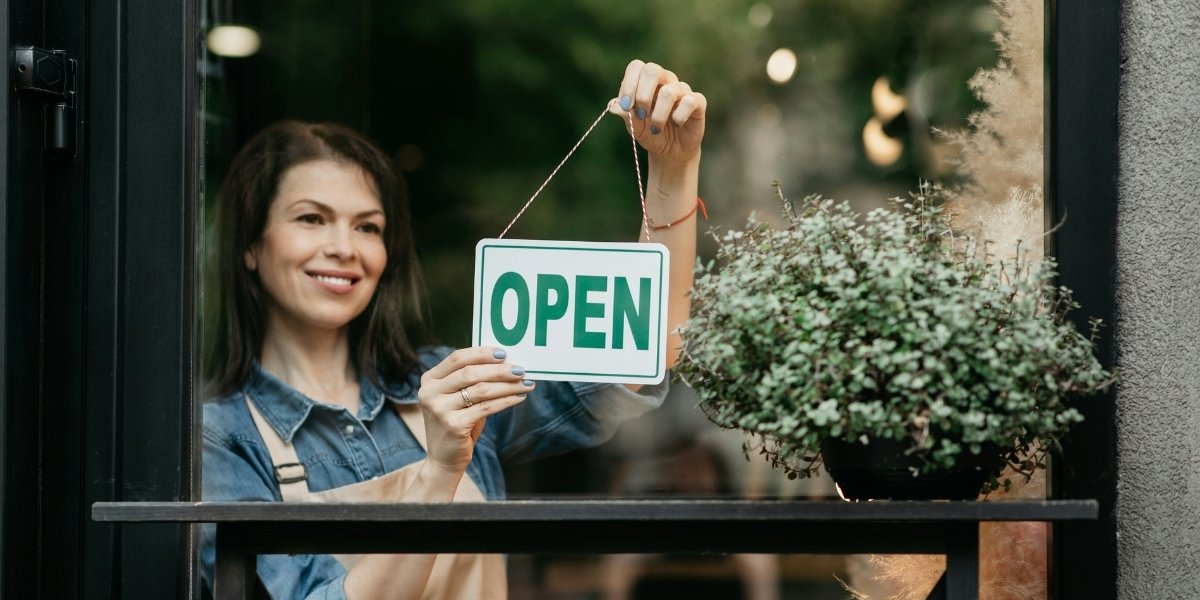Introduction to Teacher Appreciation
Teachers are crucial in influencing the future because they mentor pupils, stimulate their creativity, and cultivate a love of learning. Their dedication often goes beyond the classroom, making it essential to recognize their hard work in meaningful ways. While traditional gifts such as mugs and gift cards are always appreciated, finding thoughtful ways to show gratitude can leave a lasting impression and strengthen the connection between teachers, students, and their families.
One way to enhance the impact of teacher appreciation is to consider unique teacher gift ideas that resonate personally, thinking creatively beyond traditional options. Customized classroom supplies, heartfelt thank-you notes, or even a class project celebrating the teacher’s contributions can be far more memorable than conventional gifts. By taking the time to understand a teacher’s passions and interests, you can create an extraordinary gesture that reflects your appreciation in a more personalized way.
Unique Non-Material Ways to Show Appreciation
Although monetary presents have their place, they cannot always convey the full extent of a person’s thanks. Teachers might be deeply touched by small, intimate actions like sending a sincere letter or note. Acknowledging how a teacher has influenced your life or your child’s life demonstrates a sincere acknowledgment of their efforts. These personal recognitions often have a profound impact, resonating with teachers beyond what a physical gift might accomplish.
Offering professional development opportunities is another meaningful way to show appreciation. You invest in their growth and development by enabling teachers to attend workshops or conferences relevant to their interests. This reaffirms their passion for teaching and enriches their skills and knowledge, benefiting the students and the wider school community. Supporting educators in their continual learning journey underscores a culture of learning for teachers and students alike.
DIY Ideas for a Personal Touch
Handmade gifts often carry a sentiment beyond what store-bought presents can offer. Collaborating on a class project to craft personalized cards or gifts can create meaningful keepsakes for teachers. Students can contribute by sharing personal stories or artistic expressions on these cards, reflecting their teachers’ positive impact on them.
Homemade treats or sourcing local specialties can also express thoughtfulness and community support. Organizing a student-led art project involving all students in creating a larger artwork for their teachers personalizes the token of appreciation. It involves students in a creative and collaborative effort. Displaying these artworks prominently within the school highlights the community’s appreciation and supports a collaborative culture between students and teachers.
Organizing Special Events
Planning surprise events for teachers can create joyful and memorable experiences. Be it a themed party, a surprise faculty lunch, or a school assembly dedicated to showcasing students’ talents under the guidance of their teachers, these events unite the school community in a shared narrative of appreciation. Teachers can enjoy a break from their routine and feel valued for their hard work and dedication.
With proper event planning tips, schools can successfully organize appreciation events that are both meaningful and manageable. The key lies in focusing on personal interactions and establishing a genuine connection between the teachers and the school community rather than merely putting together lavish decorations or costly programs.
Involving Students in Teacher Appreciation
As the primary recipients of teachers’ efforts, students can offer heartfelt and unique expressions of gratitude. Encouraging students to share positive stories or experiences where a teacher significantly impacted their lives can be incredibly motivational for educators. These narratives highlight teachers’ day-to-day influence beyond academic achievement, touching on personal growth, confidence-building, and life skills.
When students participate in class projects dedicated to showing appreciation to teachers, they learn to value and express gratitude early in life. These activities instill a sense of community and appreciation among students and enhance the relationship between students and teachers, fostering a supportive and empathetic educational environment.
Using Social Media to Share Appreciation
In today’s digital age, social media offers a vast platform to amplify teacher appreciation efforts. Schools and communities can use social media to create campaigns that publicly recognize and celebrate teachers’ contributions. Sharing engaging posts, photos, and stories filled with positive messages can broaden the reach and visibility of appreciation efforts, making teachers feel valued on a larger scale.
By crafting relevant hashtags and encouraging community-wide participation, these campaigns can engage parents, alumni, and local communities, inviting them to recognize teachers’ invaluable contributions. This form of public recognition raises teachers’ morale and sets an example for other institutions to follow, fostering a culture of appreciation across various educational settings.
Supportive Community Initiatives
Teachers greatly benefit from a community that values and respects their work. Local companies might work with schools to provide educators with exclusive deals or sponsorship opportunities. These neighborhood-based initiatives strengthen the bonds between schools and nearby businesses, fostering a mutually beneficial relationship.
Establishing partnerships with educational organizations can also promote shared initiatives supporting teachers and students. By collaborating on projects that address educational needs or community challenges, teachers and students realize the shared goal of advancing education. These initiatives showcase the collective investment in educational excellence, benefiting the entire community.
Conclusion: The Impact of Creativity on Teacher Appreciation
In summary, employing creative and personalized approaches to showing appreciation for teachers can enhance the teaching environment and foster a sense of belonging and acknowledgment. Such efforts highlight teachers’ pivotal role and reaffirm their significant contributions to educational communities. When teachers feel genuinely valued, their enthusiasm and dedication can inspire a more significant educational journey for themselves, their students, and the community.
Embracing a culture of creativity in appreciation efforts provides a nurturing space for educators, enabling them to continue their invaluable work with pride and renewed motivation. In the end, the entire educational ecosystem gains when teachers and students coexist in an environment of mutual respect and appreciation.
Published by: Holy Minoza






